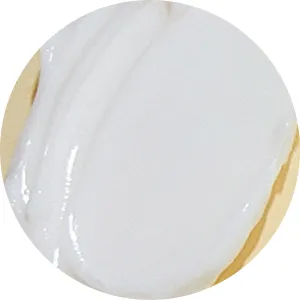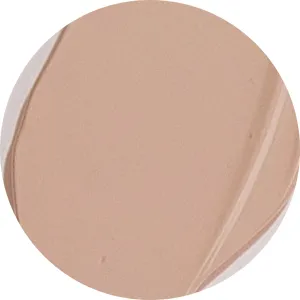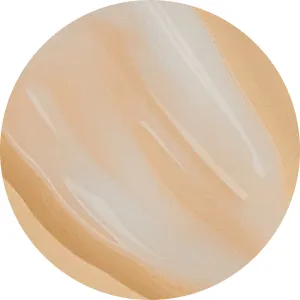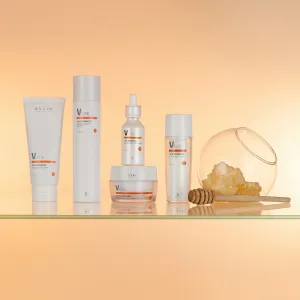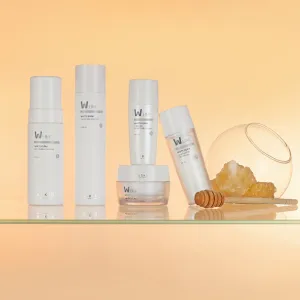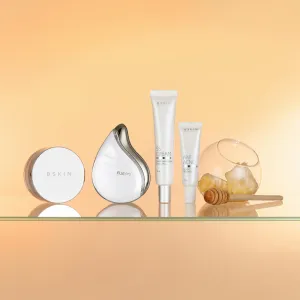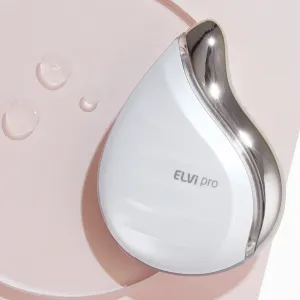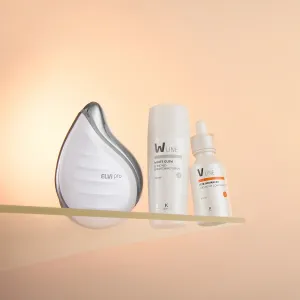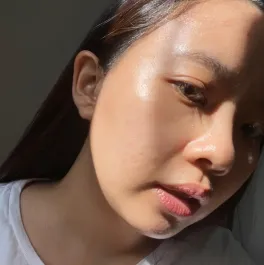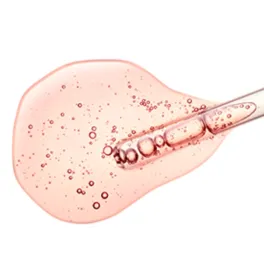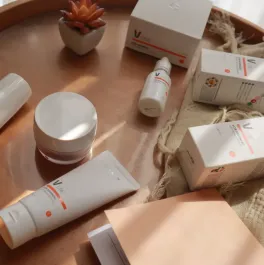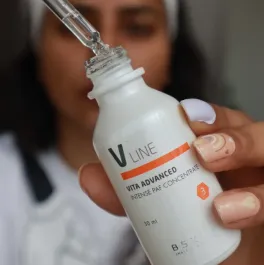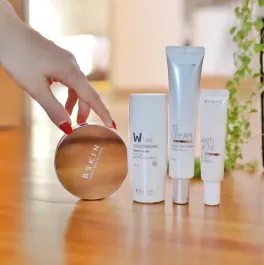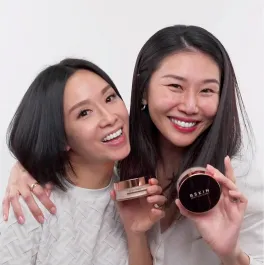What is a Good Skincare Routine for Acne?
What is a Good Skincare Routine for Acne?
Acne is one of those things that everyone wishes they did not have. There is, however, no need to panic as it is not a skin type but a skin condition. Therefore, you can treat it, but it might take a lifestyle change to achieve acne-free skin.

Acne is one of those things that everyone wishes they did not have. There is, however, no need to panic as it is not a skin type but a skin condition. Therefore, you can treat it, but it might take a lifestyle change to achieve acne-free skin.
Common Assumptions Around Acne
Many people believe that only people with oily skin types are prone to acne.
However, evidence has shown that people of various skin types are prone to this condition. For instance, take the data reported in many online journals; three out of four people aged 11 to 30 have acne. Of course, three out of four people do not have the same skin type.
Another common notion about acne is that it affects only people in their teens. This is, however, not completely accurate. Hormonal change can indeed cause your skin to overproduce oil, and this happens during puberty. Therefore, acne is more likely to begin in your teens, but it can linger on into your 30s. Cleveland Clinic, a nonprofit American academic medical center in Cleveland, clarifies that acne can stick around into your thirties and beyond.
Acne-prone Skin Areas
It might be reassuring to know that acne is not an age or skin bias condition; anyone could be a victim. That doesn't mean, however, that family history or other similar factors could not contribute to having acne-prone skin.
Acne just doesn't affect any part of your body but specific areas like your face, forehead, chest, upper back, and shoulder. These areas are affected not because they're the most visible parts of your body but because the oil glands are more concentrated in them.
Understanding Different Types of Acne
Acne can come in different forms, commonly categorized as either inflammatory or non-inflammatory acne. Whiteheads or blackheads are considered non-inflammatory acne. Acne that looks like angry, red bumps either with pus (pustules) or without pus (papules) is considered inflammatory acne and is a severe type of acne.
Skincare Routine for Acne
Acne can be caused by hormonal changes, environmental conditions, greasy or oily skincare products, and other factors. This makes it necessary to treat it effectively through lifestyle changes and by following a suitable skincare routine. Here are a few important skincare steps to keep in mind.
Wash the Acne-prone Skin Area gently
Don't scrub and pick at your pimples, as this can only worsen your condition. When you are not gentle with your acne-affected skin, it can lead to irritation and redness. Washing or cleansing is an essential step in the skincare routine for acne. So important that the American Academic of Dermatology recommends that you should be doing it twice daily or more, after exercise or sweating.
Washing goes beyond soap and water. Therefore, it is necessary to watch out for what kind of acne-prone skin care products to use. As suggested by Angela Palmer, an esthetician, and renowned writer, anti-bacterial soap should not make it to your list of skincare products for acne-prone skin. Using anti-bacterial soap can cause dryness to your skin.
Apply Acne Treatment Skincare Products
What you see as bumps is just a reflection of the over-secretion of the oil gland. Therefore, the best face care products for acne-prone skin will be the ones that can balance the oil produced by the oil gland. The ingredients on your watch list should include Benzoyl peroxide, Salicylic acid, Azelaic acid, Sulfur, Witch Hazel, Volcanic Ash, Kaolin, and Bentonine. They help reduce excess sebum (oil) and balance the production of the oil gland.
Other ingredients like Calamine, Panthenol, Asiaticoside, Asiatic Acid and Madecassic Acid are also included in some products to soothe dry and irritated skin.
Apply Moisturizer and Sunblock to Protect Your Sensitive Skin
Most OTC acne-prone skincare products like BSKIN's Anti-Acne 3C Spot Treatment perfectly combine the ingredients mentioned above so that your skin is not left dry and irritated. Nevertheless, the use of a moisturizer is essential as part of an effective skincare routine for acne-prone skin. Also, apply good sunscreen to protect your skin from harmful UV rays.

